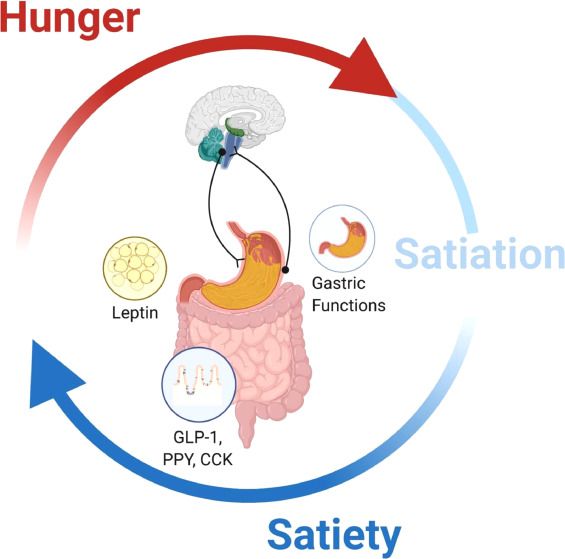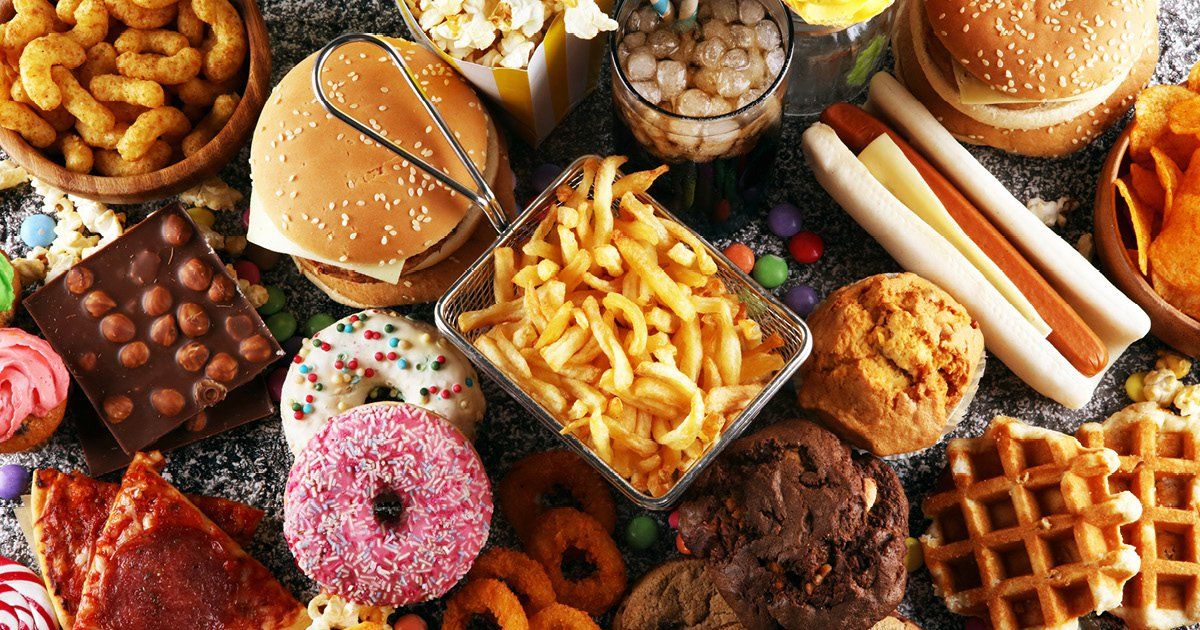The Addictive Power of Processed Foods: Cracking the Code on Overeating

Forget Willpower: Brain Signals Drive What, How, and When We Eat. If You're Eating Too Much, Here's How to Take Back Control.
It’s no secret that obesity rates have been on the rise in South Africa and other industrialized nations for the past 30 years. What's interesting is that South Africans are consuming about 425 more calories per day since the early '80s. Many people have attributed this increase in food consumption to a lack of willpower. However, the real answer lies in our brains.
Our conscious brain may think it's in control of what and when we eat, but there are deeper physiological forces at play. Our brain physiology, along with hormones, fatty acids, amino acids, glucose, and body fat, drives our food choices, eating patterns, and portion sizes. Our conscious selves simply come along for the ride.
In this deep dive, we will explore how our brains dictate many of our food choices, how these physiological forces can lead to weight gain, and most importantly, what we can do to regain control.
Why do we eat?
There are two main reasons why we eat: homeostatic eating and hedonic eating.
Homeostatic eating refers to eating to provide our bodies with the energy they need and to maintain balance.
On the other hand, hedonic eating is driven by pleasure or emotional factors.
Most meals are a combination of these two types of eating. While the "hunger hormone" ghrelin stimulates our appetite and peaks just before meals, it's not the sole factor influencing hunger or the decision to eat. Hunger and eating are influenced by a variety of factors such as genes, social cues, learned behavior, environmental factors, circadian rhythm, and hormones.
While the complexities of hunger and eating are still being studied, we have a good understanding of why we stop eating.
Why do we stop eating?
The decision to stop eating during a meal is influenced by two physiological factors: gastric distension and hormonal satiation.
Gastric distension refers to the expansion of the stomach as we eat. Neurons in the stomach send signals to the brain via the vagus nerve, informing it about the level of stretching. This feedback helps us feel full and signals us to stop eating.
Hormonal satiation also plays a role in determining when we stop eating. Hormones such as cholecystokinin (CCK), GLP-1, amylin, and insulin are released during eating and communicate with the brain to reduce appetite and signal fullness. These hormonal messages can also impact our food intake at subsequent meals.

While gastric distension and hormonal satiation contribute to the feeling of fullness and stopping eating, they are not the complete picture.
Your brain and long-term food consumption
The leptin feedback loop is a crucial system in managing our long-term energy and nutrient needs. Leptin, a hormone released by fat tissue, communicates with the brain about energy consumption and stored fat levels. This feedback loop helps regulate hunger, calorie intake, nutrient absorption, and energy use and storage.
If stored energy (fat) and leptin levels remain stable over time, we are more easily satisfied during and between meals, and our metabolic rate stays high. However, if stored energy and leptin levels decrease over time, the brain interprets this as a potential risk of starvation, triggering increased hunger, decreased movement, reduced calorie burning, and a slower metabolic rate.
Conversely, if stored energy and leptin levels increase over time, we would expect to eat less. However, the response to increased leptin levels can vary among individuals.
The leptin feedback loop works well to naturally regulate our energy expenditure and consumption, but it can be disrupted.
The impact of processed food on the brain

A diet high in processed foods can have a significant impact on the brain and its regulation of food intake. Processed foods, which are often high in added sugars, unhealthy fats, and artificial additives, can hijack our brain's reward system and disrupt the normal physiological signals that regulate hunger and satiety.
Studies have shown that consuming highly palatable processed foods can lead to addictive-like behaviors and cravings. These foods activate the brain's reward centers, releasing dopamine and creating a pleasurable sensation. Over time, repeated consumption of these foods can lead to tolerance, requiring larger amounts to achieve the same level of satisfaction.
Additionally, processed foods are typically calorie-dense but nutrient-poor, meaning they provide a high number of calories without offering substantial nutritional value. This can lead to overeating as the brain continues to seek the necessary nutrients it needs, even though the body has consumed enough calories.
Furthermore, processed foods can disrupt the balance of hormones involved in appetite regulation. For example, they can increase levels of ghrelin, the hunger hormone, while reducing sensitivity to hormones like leptin, which signals fullness. This hormonal imbalance can lead to increased food intake and weight gain.
Another factor to consider is the impact of food marketing and the food environment. Processed foods are often heavily marketed and easily accessible, making them convenient choices for many individuals. The constant exposure to advertisements and the availability of these foods can influence our food preferences and eating behaviors, making it harder to resist overconsumption.
So, while our brains play a significant role in regulating food intake, the modern food environment, characterized by an abundance of processed and highly palatable options, can override our natural physiological cues and make it challenging to maintain a healthy eating pattern.
Regaining control over food choices
Despite the powerful influence of processed foods on our brains, there are strategies we can employ to regain control over our food choices and eating behaviors:
- Choose whole, unprocessed foods: Focus on consuming whole foods such as fruits, vegetables, whole grains, lean proteins, and healthy fats. These foods provide essential nutrients and are generally more satiating, helping you feel full and satisfied.
- Pay attention to hunger and fullness cues: Practice mindful eating by tuning in to your body's signals of hunger and fullness. Eat when you're genuinely hungry and stop when you feel comfortably full. Avoid distractions while eating, such as screens or multitasking, to better recognize these cues.
- Manage stress and emotions: Emotional eating can often lead to overconsumption of unhealthy foods. Find alternative ways to manage stress and cope with emotions, such as engaging in physical activity, practicing relaxation techniques, or seeking support from friends and family.
- Create a supportive environment: Surround yourself with a supportive environment that promotes healthy eating. Stock your pantry with nutritious foods, plan and prepare meals in advance, and seek social support from like-minded individuals who share your health goals.
- Seek professional guidance: If you're struggling to regain control over your eating habits, consider seeking guidance from a dietitian or healthcare professional who can provide personalized recommendations and support.
Remember, regaining control over food choices is a gradual process that requires patience and persistence. By making small, sustainable changes to your eating habits and being mindful of the influence of processed foods, you can take steps towards a healthier and more balanced relationship with food.